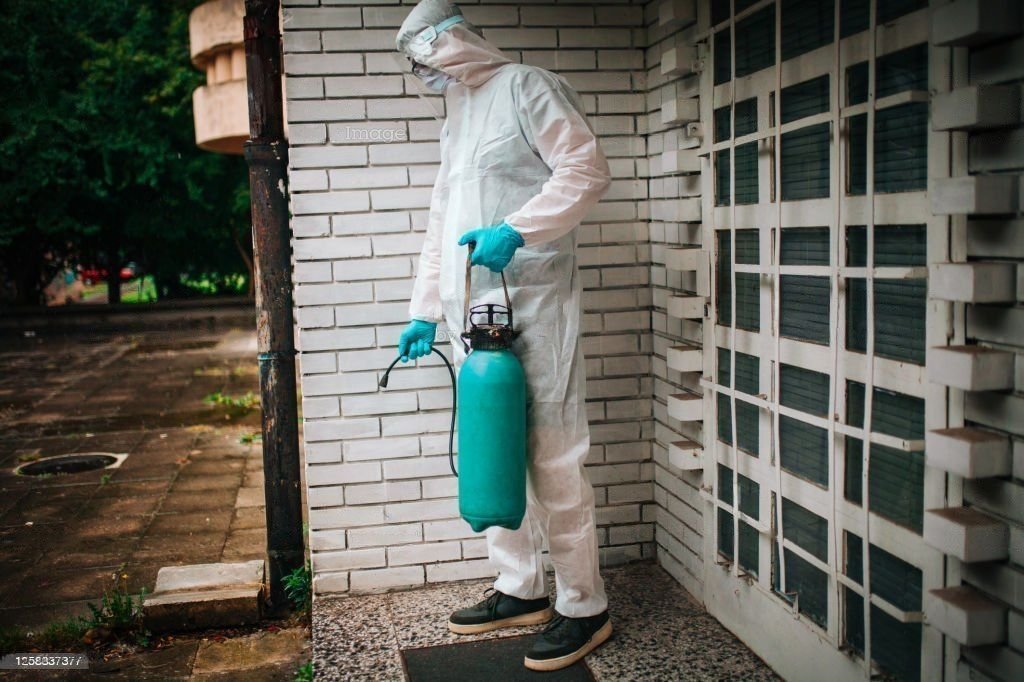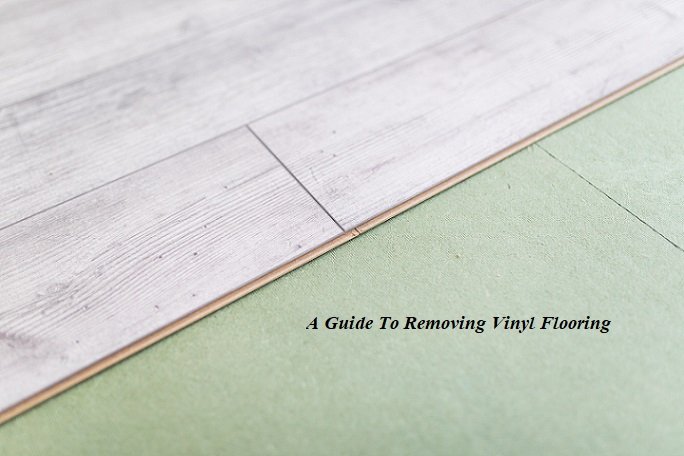Keep your home pest-free by following this comprehensive guide! By reading this guide, you’ll learn how to identify and eliminate pests in your home, and you’ll be able to prevent them from becoming a problem. You’ll also find helpful tips on how to Pest Control Dowling ants, cockroaches, and other types of pests. If you want to keep your home pest-free, read this guide!
How to Keep Your Home Pest-Free.
One of the most important aspects of keeping your home pest-free is getting rid of unsolicited phone calls. If you’re receiving calls from someone you don’t know, or if your home is being visited by an uninvited guest, it’s important to get rid of them. You can do this by calling the person back and asking them to stop calling, or by taking steps to discourage their visits.
Another way to manage pests is by cleaning your home when there are problems with pests. Fungus may be growing unchecked in areas that are not clean, so it’s important to take care of any problems with pests before they become bigger issues. Cleaning your home also helps remove debris that could be a breeding ground for bugs and fungus.
To prevent fungus from spreading, it’s also important to keep your floors and walls clean. Fungi thrive in dirty environments and can grow quickly in unclean surroundings. To help prevent this from happening, make sure all surfaces in your home are clean and free of dirt, dust, and other debris. Finally, make sure you follow common good housekeeping habits like washing your hands regularly and leaving space between objects for air circulation.
How to Keep Your Home Healthy.
One of the most important things you can do to keep your home healthy is to clean it. Cleaning lets your home breathe and helps remove pests and bacteria from the area. You can also make your home more affordable by cleaning it regularly with a variety of products that work well at removing pests and bacteria. Make sure to use common sense when cleaning, and be careful not to damage or contaminate surfaces while cleaning.
How to Make the Home Safe for Pets.
Keeping your home safe for pets is another important step in keeping it healthy. Pets can cause a lot of problems in a home, such as bringing in pests that could harm the structure or electrical systems, or disrupting family routines. To make sure your pet is safe, be sure they are properly vaccinated and have their West Nile Virus vaccine if they are likely to come into contact with mosquitoes during their stay in your home.
How to Keep the Home Healthy.
One of the most important things you can do to keep your home healthy is make it easier for pets to stay healthy too. One way to do this is by making sure there are adequate areas for them to relieve themselves inside the house, and by providing water dishes and litter boxes specifically for pet animals. Additionally, make sure food dishes and other areas where pets might touch are well-maintained so that they don’t leave behind contaminants or diseases that could enter your home through them.
How to Get the Most out of a Healthy Home.
One of the most important things you can do to get the most out of a healthy home is to make sure you take care of it. This includes keeping your home clean, keeping it safe for pets, and taking advantage of features that make your home more comfortable and inviting for guests. By following these tips, you’ll be able to keep your home healthy and pests-free.
How to Keep Your Health and Safety in Check.
It’s important to keep your home safe and healthy for yourself and your family. Here are a few tips to help:
• Make sure you have a safety policy in place that covers both your personal and family possessions. This could include having an insurance policy in place, setting up guardianship or custody arrangements, or mandating lock-out/key-entry policies for home entrances.
• Stay informed about health threats and how to stay safe by reading news articles, watching safety films, and attending health education workshops.
• Use common sense when deciding which products to purchase and use in your home. For example, avoid using insecticides or heaters with built-in screens in the bedroom because they can attract pests. Instead, purchase these products separately and use them only when needed.
• Keep track of the time of day and week that pests typically occur in your home and make any necessary repairs or updates accordingly. This information can be helpful when trying to identify whether or not a pest is present in your home.
Conclusion
Home health and safety is a top priority for many people. In order to keep your health and safety in check, it’s important to take some precautions. By staying safe at home, you can reduce your chances of getting sick and injured. Additionally, using these tips to keep your home healthy can help make you and your family more comfortable. Stay safe this winter by keeping everything in house!



